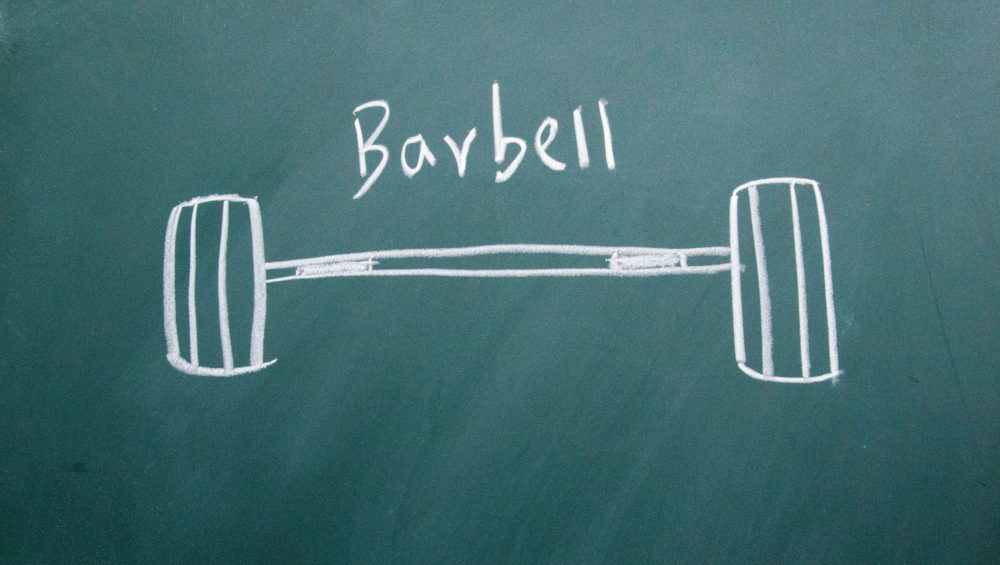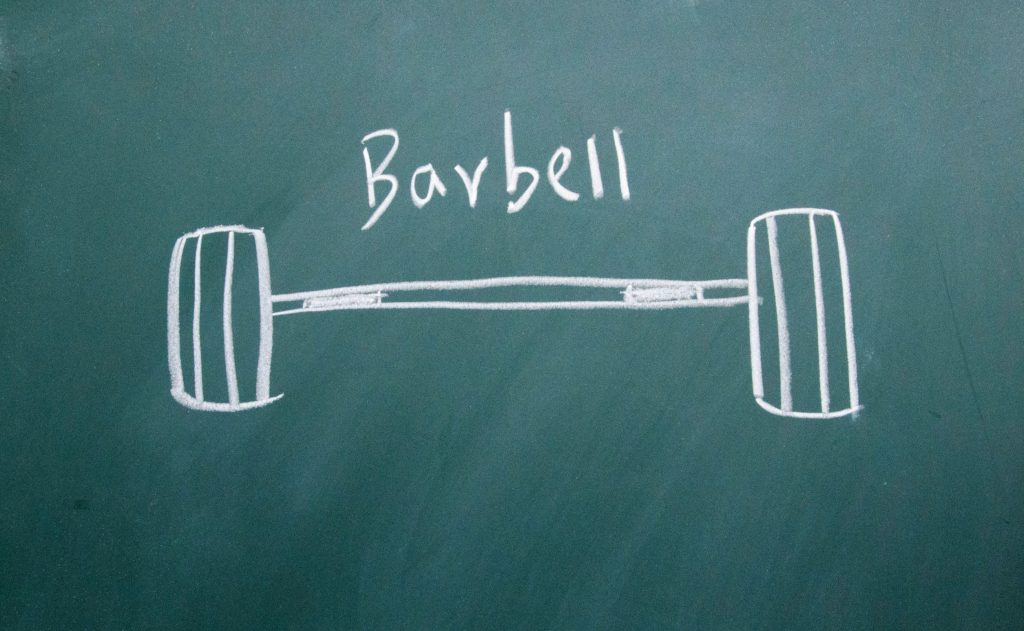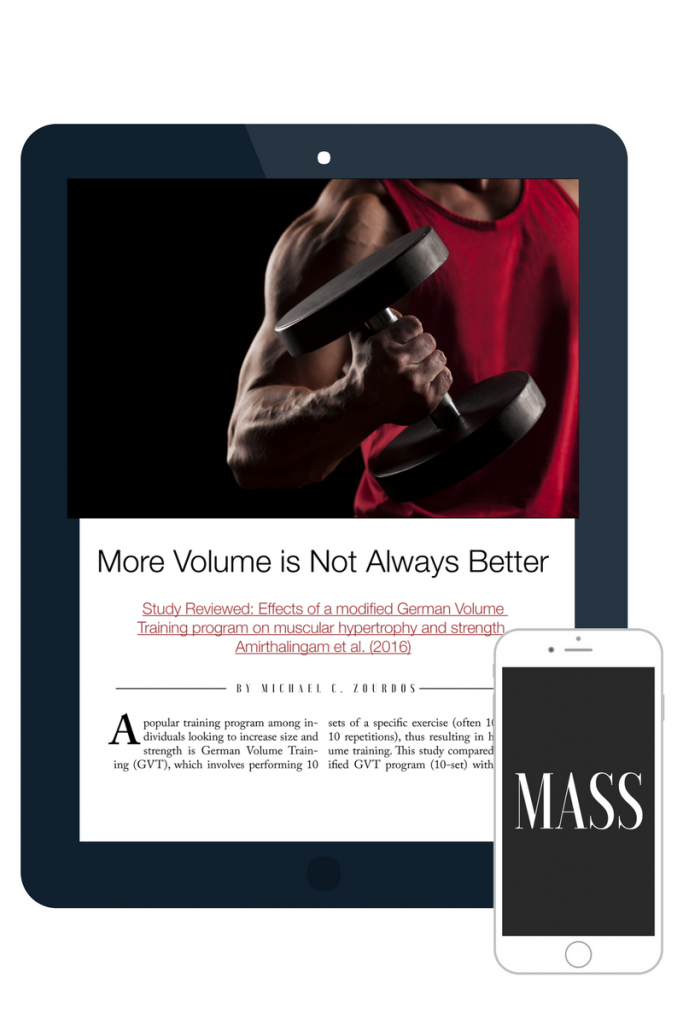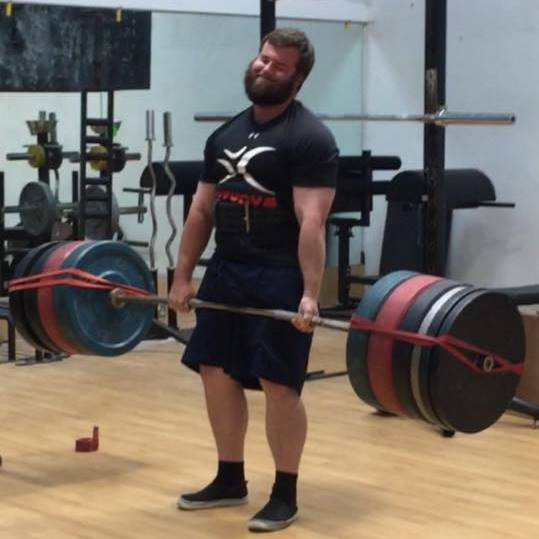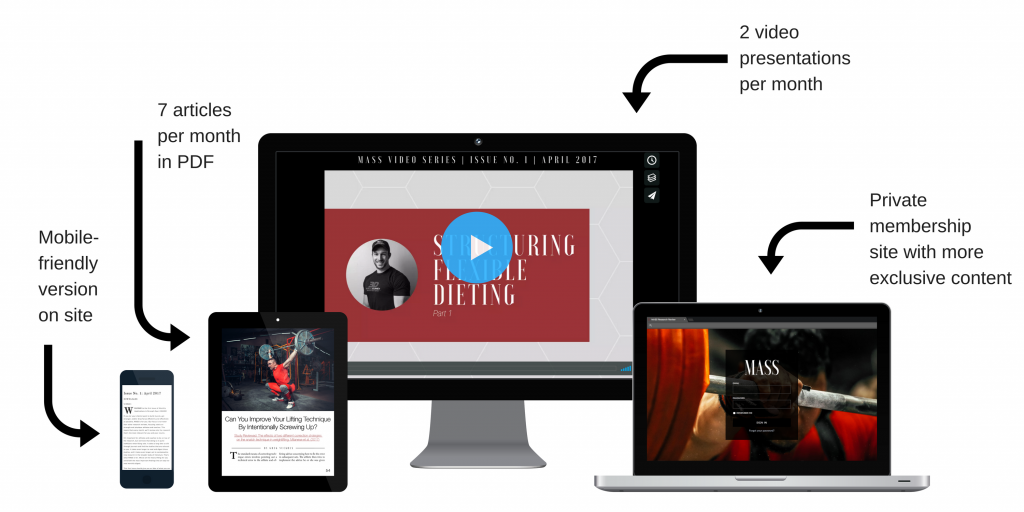For the past, well, I don’t know how long I’ve posted my “Stuff to Read While You’re Pretending to Work” post every Friday.
This past Friday I did not post it. As a result the internet shut down.[footnote]People protested, world leaders were reaching out, my wife asked for a divorce. It was serious.[/footnote]
Okay, it didn’t…but it did feel weird not to post it. And while I’d like to sit here and say it was because of something cool like, say, I had a man-date with The Rock or I was fighting crime, the truth of the matter is, with my schedule being switched around with an infant in tow, it makes it easier to post at the start of the week rather than the end.
You didn’t really care? Oh, okay then….lets get right to it.

Check This Stuff Out First
1) Strong Body-Strong Mind – Toronto
Lisa and I are happy to announce we’re bringing back our Strong Body-Strong Mind workshop.
Last year we had the privilege of presenting together in Austin, TX and London, UK, and we’re elated to be heading to Toronto, Ontario to pick up where we left off.
In a nutshell I speak to a little assessment talk, program design, and breaking down technique on a few common lifts such as the squat, deadlift, get-up, and blindfolded chainsaw juggling, and Lisa speaks to more of the mindset side of the equation and how we can help build better rapport and “buy in” with our clients/athletes.
For more information and to sign up, please go HERE.
2) Complete Shoulder & Hip Blueprint – Orlando

Our Vancouver shindig in April sold out, but Dean and I have recently announced a stop in Orlando, FL later this year, October 21-22nd at Spark Fitness.
I’ve never been to Orlando. There’s no way in hell I’m visiting Disney World.
You can go HERE for more details and to sign up.
3. The Bigness Project Re-Hatches
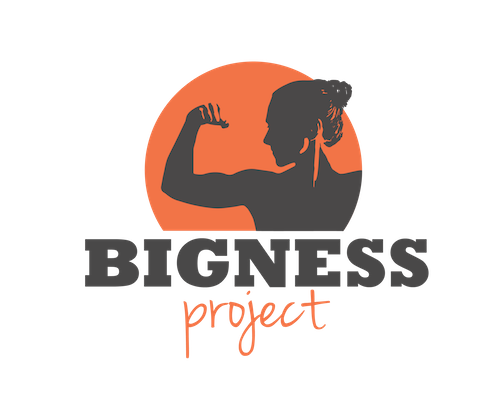
A make zero effort to hide my fandom of Jen Sinkler. I think she’s one of the kindest and most authentic human beings I know.
I also think she one helluva a coach and someone who’s a Jedi master at producing and curating quality fitness content. A few months she and Kourtney Thomas (another fantastic coach) released The Bigness Project.
If the title doesn’t give it away it’s alllllll about getting big or diesel or jacked (or whatever your adjective of choice is), and it’s directed towards women. Namely, it’s to prove a point: that women can and should train to add muscle (and not be afraid or timid to do so).
It’s an amazing 14-week program designed for women, by women and also includes a mindset component and thorough exercise glossary.
You need to act quick, though, because it’s being pulled from the virtual shelves by the end of this week. If you want to participate and get the Bigness, you have to go HERE by Friday.
Stuff to Read
MASS – Monthly Applications in Strength Sport – Greg Nuckols, Eric Helms, Mike Zourdos
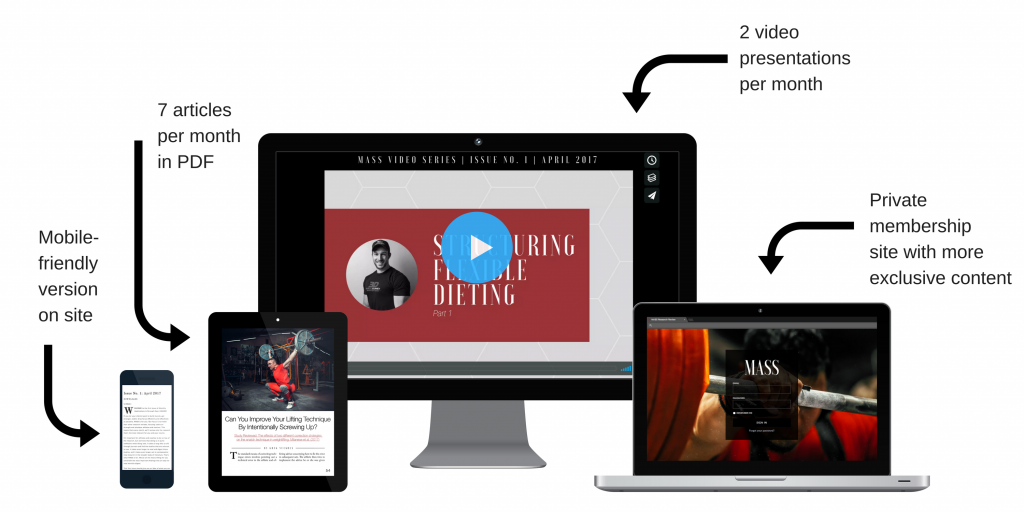
If you’re a strength athlete, physique competitor, or just someone who likes to look like a brick shit house (or help people look that way) this will be right up your alley.
Every month, they sift through 50+ journals and 1,000+ studies to handpick the cutting-edge research that’s most relevant for building muscle, gaining strength, and getting leaner.
Pretty much everyone who reads this site – except my mom – should be down with that.
If you want to stay on top of the research but, like me, hate reading research (nor have 40+ hours per month to dedicate to it) then this is a no-brainer.
Subscriptions can be monthly, yearly, or, for the all-out ballers out there, lifetime. This week only MASS is being offered at 20% OFF the regular price.
Go HERE to check it out.
Scaling the Squat – Zach Long & Andrew Millett

Having the ability to regress or progress an exercise based on the needs and ability level of an athlete/client is a skill that any fitness professional should strive to have.
This is never more apparent than when coaching the squat.
The phrase “it’s not so much about contraindicated exercises as it is about contraindicated lifters” never sings to high than in this article.
I can’t wait to read the rest of the series.
Formation Strength – Amanda Wheeler & Lori Lindsey
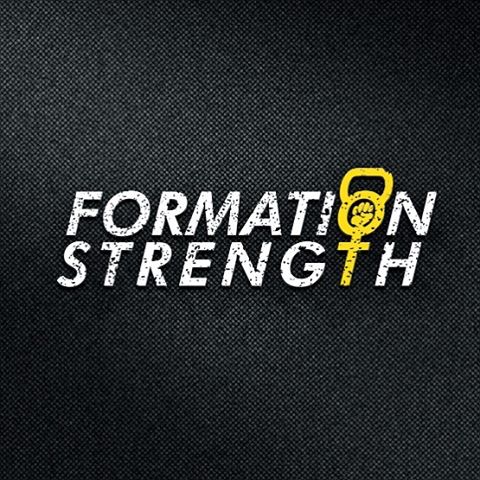
This is a newly minted website by two (more) coaches I respect a ton…Lori Lindsey and Amanda Wheeler.
It’s a site dedicated to former athletes and women and strives to articulate a message that goes against the status quo directed towards much of female fitness.
I encourage you to check it out.
Social Media Shenanigans
“I don’t want to get too bulky,” says the person who will never work hard enough for that to happen in the first place. Relax.
— Tony Gentilcore (@tonygentilcore1) April 28, 2017


